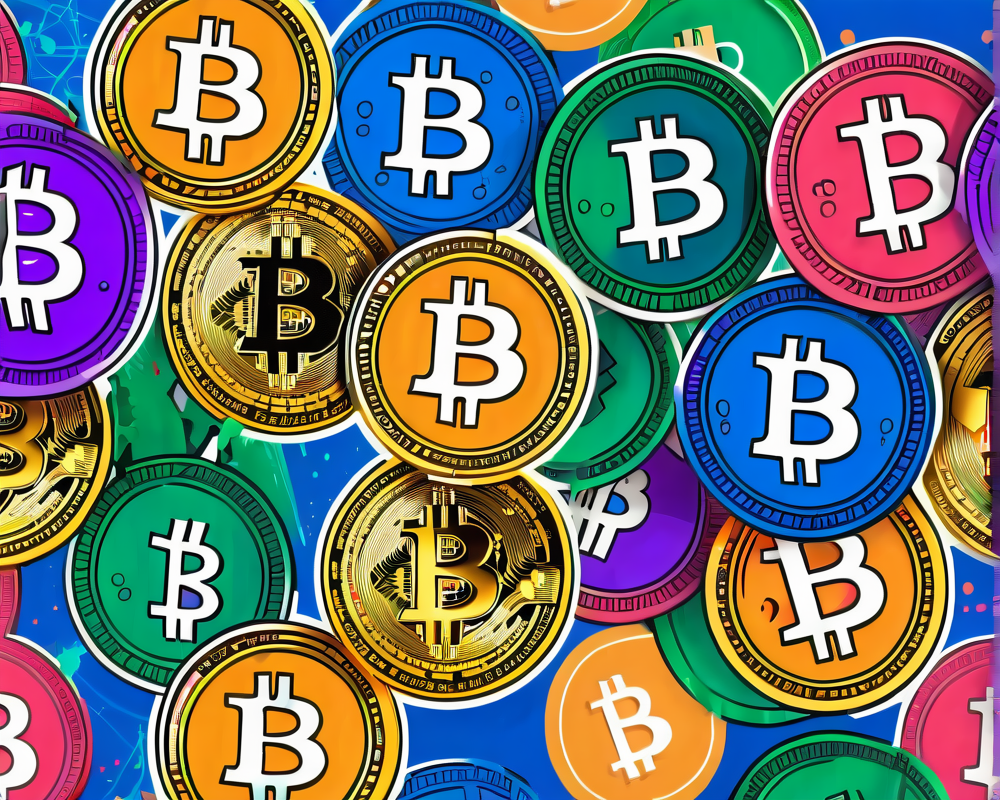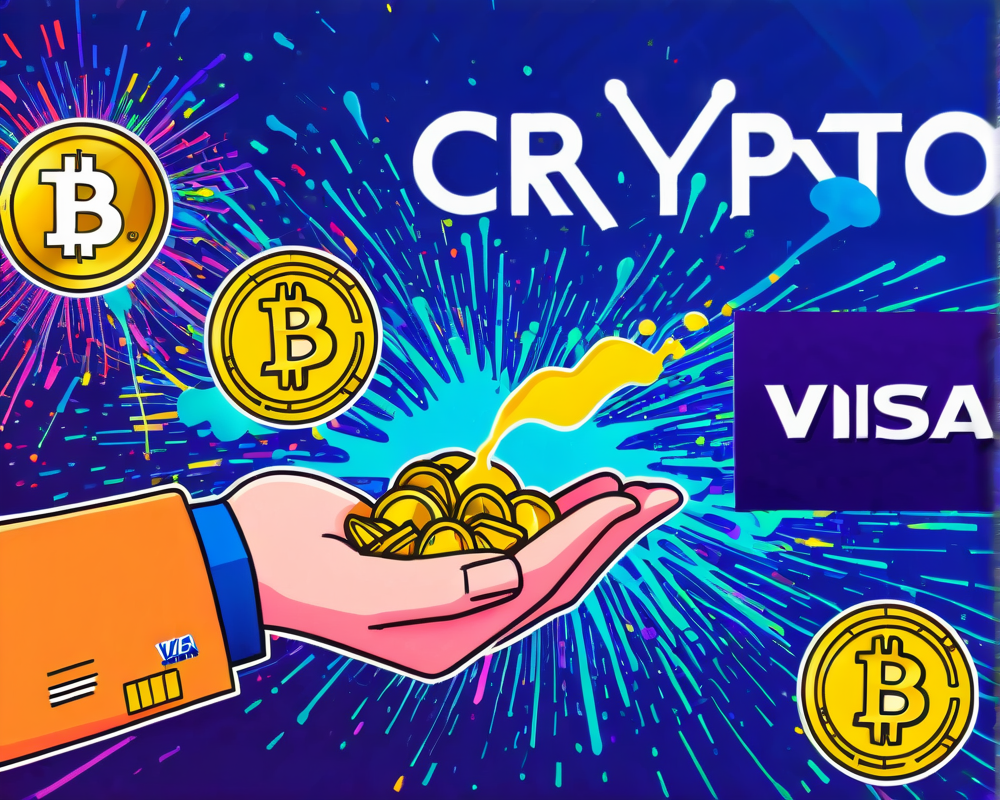Introduction to Iran’s Digital Currency Adventure
Iran has waved its digital wand and announced plans to unfurl its own state-issued cryptocurrency. The motivation? Well, it’s all about dodging those pesky U.S. sanctions that are knocking louder at its door. As reported by local media outlets, including Press TV, this idea is not just a whimsical thought but a serious action item on Iran’s strategic agenda.
Who’s Behind the Cryptocurrency Push?
Alireza Daliri, the deputy for management and investment at the Directorate for Scientific and Technological Affairs, has stepped into the limelight. According to ISNA, he stated, “We are trying to prepare the grounds to use a domestic digital currency in the country.” Sounds fancy, right? This currency aims to make those international money transfers smoother than a ride on a Persian rug!
Why All the Buzz About Digital Currency?
You might wonder why this is such a big deal. Well, in a world where sanctions can feel like a digital slap, a national cryptocurrency could be the superhero Iran desperately needs. It could potentially facilitate the transfer of money across borders, giving a financial edge during challenging times. Just imagine a digital currency swooping in to save the day!
Technical Hurdles: What We Don’t Know
Now, let’s talk about the elephant in the room: the details. While the desire is clear, the specifics about this national cryptocurrency remain shrouded in mystery. There’s chatter about a national encrypted key being introduced soon – potentially within the next three months. However, without revealing the technical nitty-gritty, it’s like trying to bake a cake without a recipe. We’re hopeful, but a little nervous too!
Learning from Others: The Global Cryptocurrency Landscape
If Iran goes forward with this initiative, it wouldn’t be flying solo. Similar efforts have been made by nations like Venezuela with its Petro cryptocurrency, aiming to find a way around economic hurdles. The trend of using blockchain technology for state interests shines a light on how countries are exploring new ways to maintain financial security and autonomy in an increasingly complex global economy.




